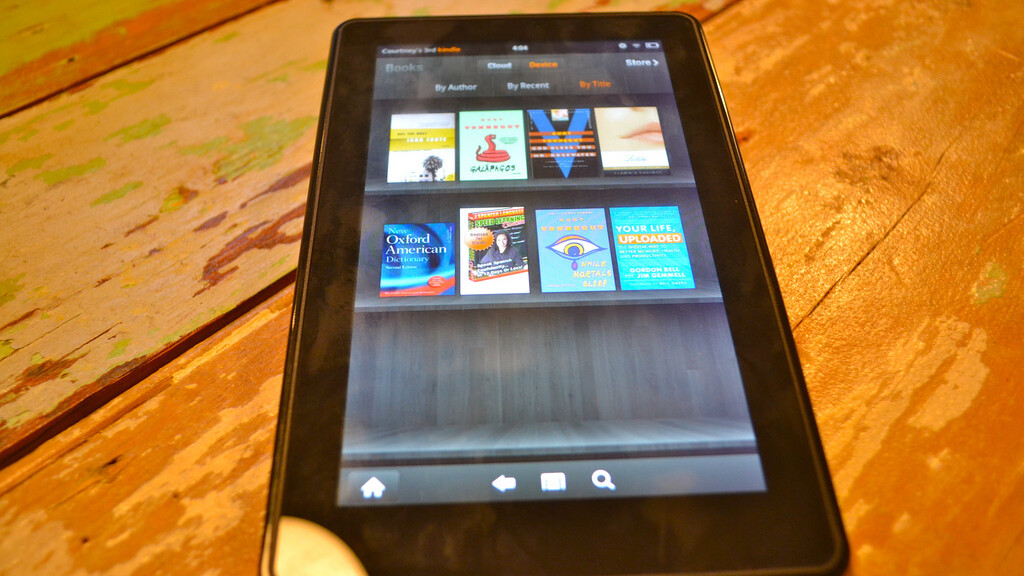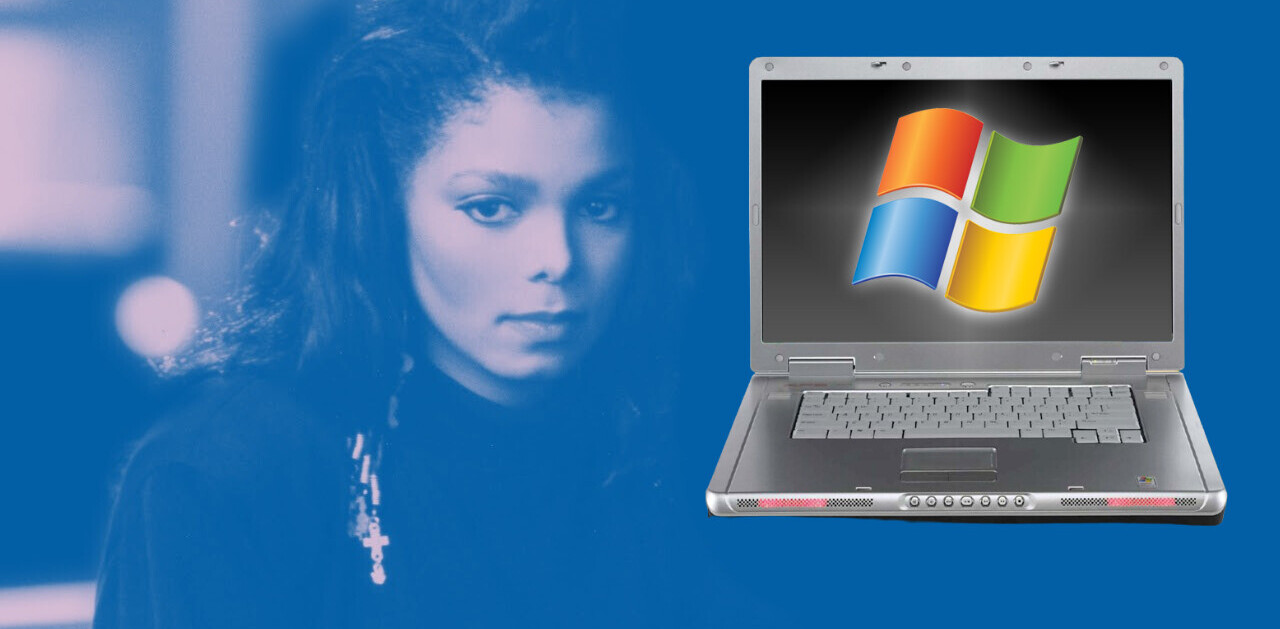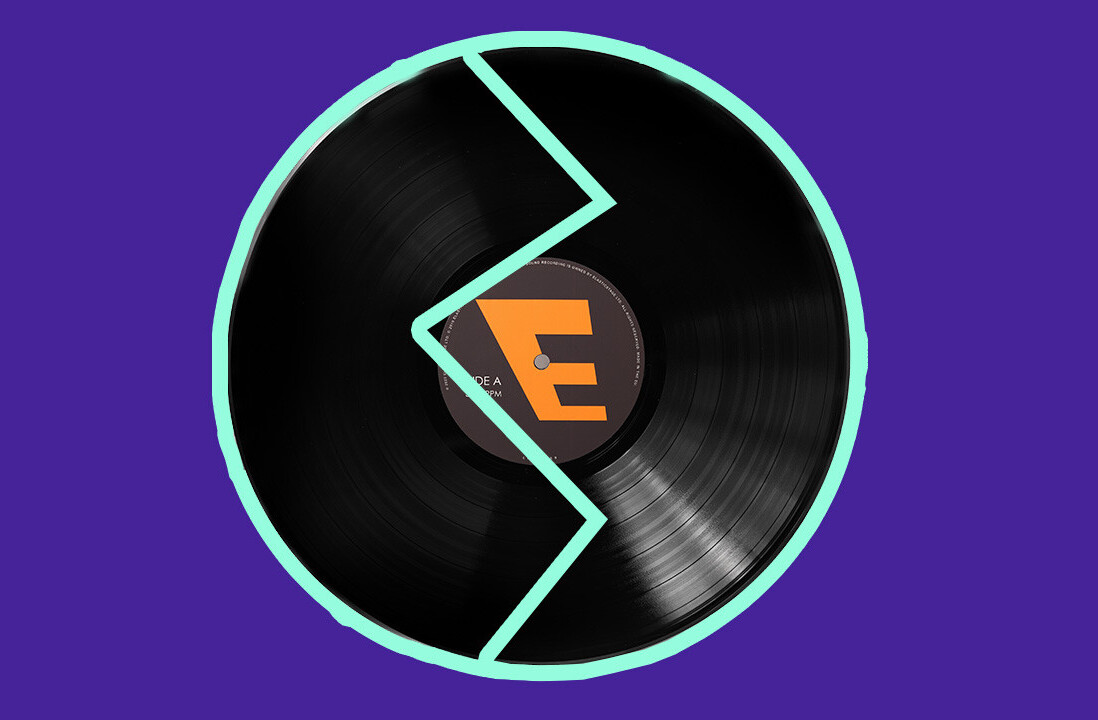
Online retail giant Amazon looks set to disrupt the tablet market in the coming days when it announces the launch of an ad-supported Kindle Fire, taking a strategy that has worked well with its range of e-readers and adapting it for the personal computing market.
Reports of a subsidised tablet device come from the Wall Street Journal (WSJ), which states that Amazon will price a particular tablet model lower than its counterparts, displaying selected advertisements when the user wakes the gadget from its locked state.
If a new report from Cnet is also to be believed, Amazon will not attempt to compete against Apple with a 10-inch tablet of its own. Instead, the company is said to be readying the launch of two new 7-inch models, one which will be a slight iteration of the existing Kindle Fire model and the other sporting more drastic hardware improvements.
Cnet’s Roger Cheng and Steven Musil write:
But Amazon appeared to be making room for a slightly upgraded version of the Kindle Fire, which includes a new user interface. While the person didn’t have any pricing information, the company will almost certainly charge a lower price for the device.
The more exciting product is the new 7-inch Kindle Fire, which will feature more hardware improvements, including a faster processor, a camera, physical volume controls, and an HDMI port. It wil also have larger storage capacity, but it will still not be expandable. There is no pricing information on the device.
Cnet’s sources lend credibility to an ad-supported tablet, which could trade in powerful hardware features for a more affordable and marketable consumer device.
Tablet vendors have found it increasingly hard to compete with Apple’s iPad, which typically accounts for seven of every ten tablets sound worldwide. This resulted in Google undercutting its competition on price with the launch of the Nexus 7 andAmazon could be about to lower that pricing barrier yet further with a tablet that can offset part of its manufacturing cost by displaying targeted advertisements.
The original Kindle Fire was rumoured to be sold at cost price or at a minor loss, with Amazon able to recoup lost revenue on value-added services such as Kindle books, apps and music downloads. The company reportedly sold over 5 million Kindle Fire’s and almost certainly showed Google that the pricing model has its merits.
Amazon has shaved $30 to $50 off Kindles that ranged from $109 to $189 over the past 18 months. While adverts are displayed the minute the reader was woken from its sleeping state, Amazon did not force them on users when they were reading books.
If Amazon is to deliver ads on its new Kindle Fire variant, it looks set to be the first major vendor to utilise an ad-supported model to sell tablet devices to the mass market.
It’s a bold strategy. TNW’s Emil Protalinski argued that Kindle Fire 2 is going to have an even tougher job than its predecessor. Instead of having no real competitors in the space, a next-generation Kindle Fire will have two very solid competitors in Google and Apple.
“Amazon better have something great planned, or the Kindle Fire will go from the disruptor to the disrupted,” he said. Maybe this is it.
Get the TNW newsletter
Get the most important tech news in your inbox each week.





